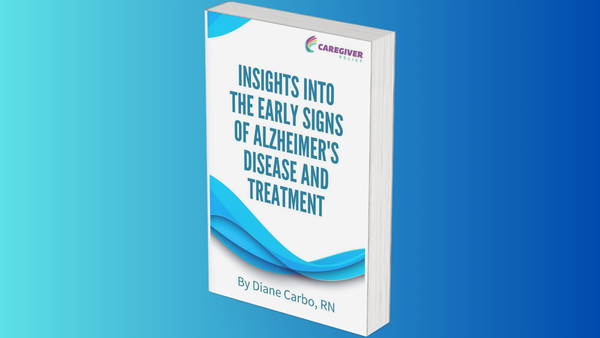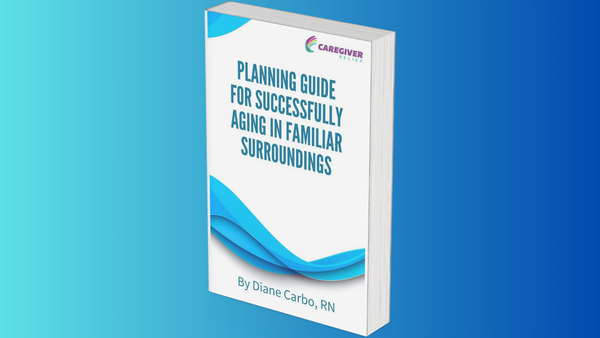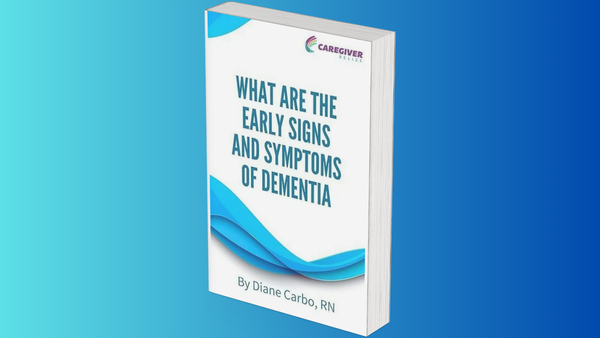Brain Fitness Exercises : Preventing Alzheimer's Disease?
Discover the latest research on how brain training and cognitively stimulating activities can reduce the risk of developing Alzheimer's and dementia. Learn about the most effective activities and programs, and how to choose the right one for you.

Can brain fitness exercises truly serve as a shield against the onset of Alzheimer's Disease and dementia? The pursuit of preventing or curing Alzheimer's has been a persistent quest since the disease was first identified. We've explored various avenues, from pharmaceuticals and supplements to traditional remedies like Chinese herbs and Ayurvedic medicine. And in recent times, Western science has turned its focus to brain training as a potential preventive measure.
The premise is simple: just as physical exercise fortifies the body against the effects of aging, brain exercises can bolster mental resilience. Remarkably, this approach has demonstrated the most promise in the last 12 years.
In 2002, a study published in the Journal of the American Medical Association (JAMA) indicated that individuals engaging in brain-stimulating activities experienced a 33% reduction in the risk of Alzheimer's disease. This finding was reinforced by a 2006 JAMA article, emphasizing the significant and lasting benefits of brain training.
Studies like the one published in The New England Journal of Medicine on "Leisure activities and the risk of dementia in the elderly" and research published in the Scientific Journal Neurology consistently support the notion that exercising the brain can reduce the risk of developing dementia.
An economical analysis featured in the British Journal of Psychiatry in 2006 further supported the cost-effectiveness of brain stimulation therapy in comparison to other treatments.
The research on brain fitness exercises continues to expand, but a weak link remains: the absence of a standardized definition for "cognitively stimulating activities." This poses a challenge in determining which activities are consistently effective across studies.
As a Gerontologist, I often find myself providing caregivers with this information and addressing their subsequent question: "What activities should I engage in?" While I used to recommend learning a new language or tackling challenging brain games, it's crucial to understand that results are best achieved by engaging in new and demanding activities rather than ones in which you already excel.
Several programs, such as "Brain Training" Wii games, claim to offer similar benefits based on the research mentioned earlier, but independent research confirming their efficacy is scarce.
One exception is Dakim Brain Fitness Software, which stands out due to its unwavering commitment to the latest research on cognitively stimulating activities. Developed by Dan Michael, who cared for his father afflicted with Alzheimer's, Dakim's approach involved collaboration with renowned experts in dementia treatment and research, including Dr. Gary Small, Dr. Helena Chui, and Jeffery Cummings.
Their rigorous approach led to a formal research study presented at the Annual Meeting of the American Association for Geriatric Psychiatry in March 2010, further underscoring the effectiveness of brain training.
For those seeking insurance against Alzheimer's or an effective tool for family members in the early stages of the disease, Dakim Brain Fitness Software stands out. While any available product can provide some benefit, Dakim may prove to be the most worthwhile investment of your resources, time, and, most importantly, brainpower.
Our Resources section can help you find the information and tools that you need. We have courses, videos, checklists, guidebooks, cheat sheets, how-to guides and more.
You can get started by clicking on the link below. We know that taking care of a loved one is hard work, but with our help you can get the support that you need.
Click here to go to Resources Section now!
You might also like this article:







